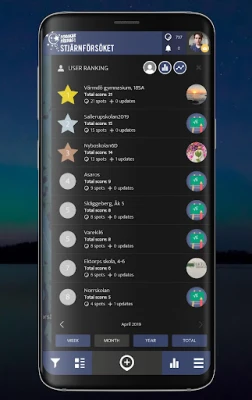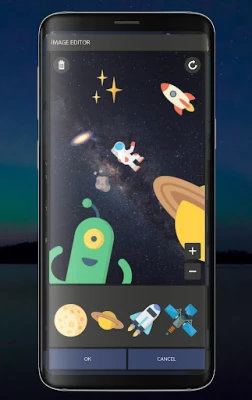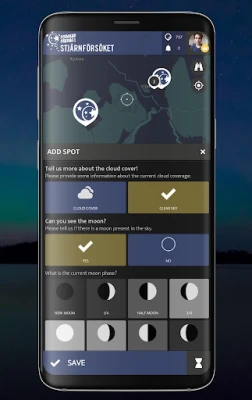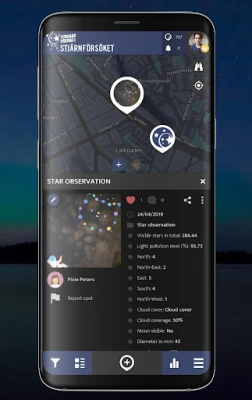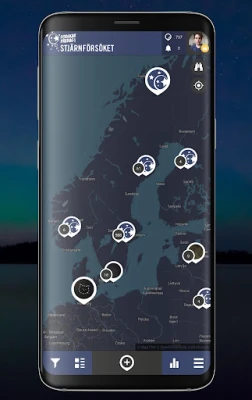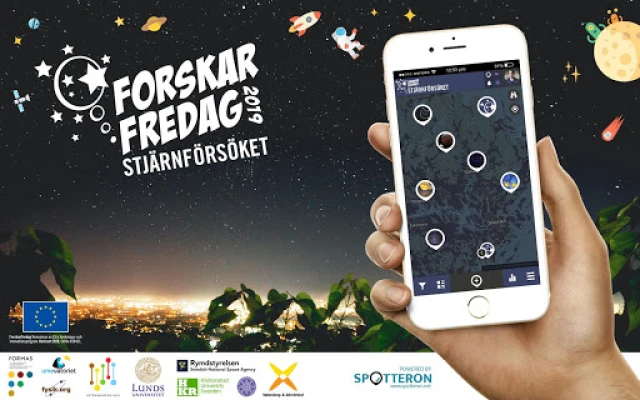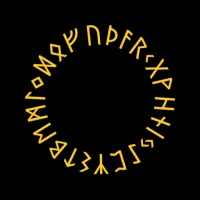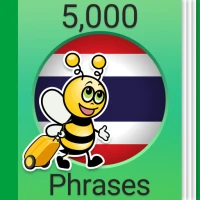
Latest Version
3.0.1
June 16, 2025
SPOTTERON
Education
Android
0
Free
com.spotteron.stjarnforsoket
Report a Problem
More About Star-Spotting Experiment | SPO
The Impact of Artificial Light on Our Night Sky: Join the Star-Spotting Project
Artificial light has significantly influenced the trajectory of human civilization over the past century. However, this advancement has also transformed the night-time environment across vast regions of the globe. Recent studies reveal alarming effects of light pollution on various organisms, including humans, and the ecosystems they inhabit.
Understanding Light Pollution and Its Effects
Light pollution refers to the excessive or misdirected artificial light that brightens the night sky, obscuring our view of celestial bodies. This phenomenon not only disrupts the natural behaviors of wildlife but also impacts human health and well-being. Research indicates that exposure to artificial light at night can interfere with sleep patterns, hormone production, and even contribute to various health issues.
Introducing the Star-Spotting Project
The Star-Spotting Project invites participants to engage in a hands-on experience measuring light pollution through simple naked-eye observations of the night sky. Developed by physicist Dr. Urban Eriksson at Lund University, this innovative project employs a straightforward method using a cardboard tube, such as a kitchen paper roll, to count the number of visible stars. This technique not only makes star-gazing accessible but also fosters a deeper understanding of our night sky.
Creating a Unique Map of Light Pollution
By participating in the Star-Spotting Project, individuals contribute to the creation of a unique map that illustrates the distribution and variation of light pollution across different regions. This map will serve as a valuable resource for researchers and urban planners alike, providing insights into how artificial light affects our environment.
Educational Benefits of Participation
Engaging in the Star-Spotting Project offers participants a wealth of knowledge in various fields, including:
- Scientific Methods: Participants will learn how to collect and analyze data, fostering critical thinking and scientific inquiry.
- Astronomy: The project encourages a greater appreciation for the night sky and the celestial bodies that inhabit it.
- Sustainability: Understanding the impact of light pollution promotes discussions on sustainable practices and urban planning.
A Collaborative Effort for a Brighter Future
The Star-Spotting Project is a collaborative initiative involving several esteemed organizations, including:
- Public & Science (VA)
- The National Resource Center for Physics Education (NRCF)
- Lund University
- Kristianstad University
- The Swedish National Space Agency
- House of Science (Vetenskapens hus) in Stockholm
- Umevatoriet in Umeå
This partnership underscores the importance of community involvement in scientific research and the collective effort to address the challenges posed by light pollution.
Join the Movement: Be a Citizen Scientist
The Star-Spotting Project is powered by SPOTTERON Citizen Science, a platform that encourages individuals to contribute to scientific research through citizen science initiatives. By joining this project, you become part of a global movement aimed at understanding and mitigating the effects of light pollution.
Conclusion: Illuminate the Night Responsibly
As we continue to embrace the benefits of artificial light, it is crucial to recognize its impact on our environment and health. The Star-Spotting Project not only raises awareness about light pollution but also empowers individuals to take action. By participating, you can help create a brighter future for our night skies and contribute to the preservation of our natural ecosystems.
Join the Star-Spotting Project today and become a steward of the night sky. Together, we can illuminate the path toward a sustainable and scientifically informed future.
Rate the App
User Reviews
Popular Apps






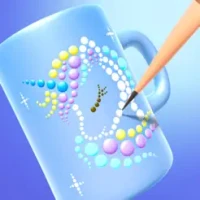



Editor's Choice











